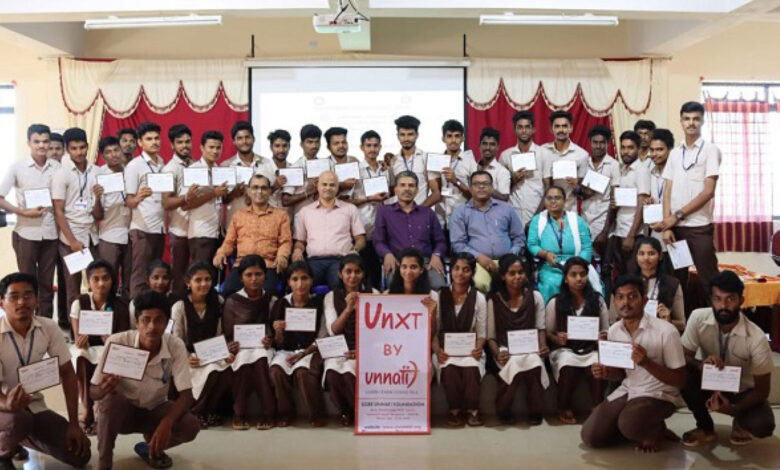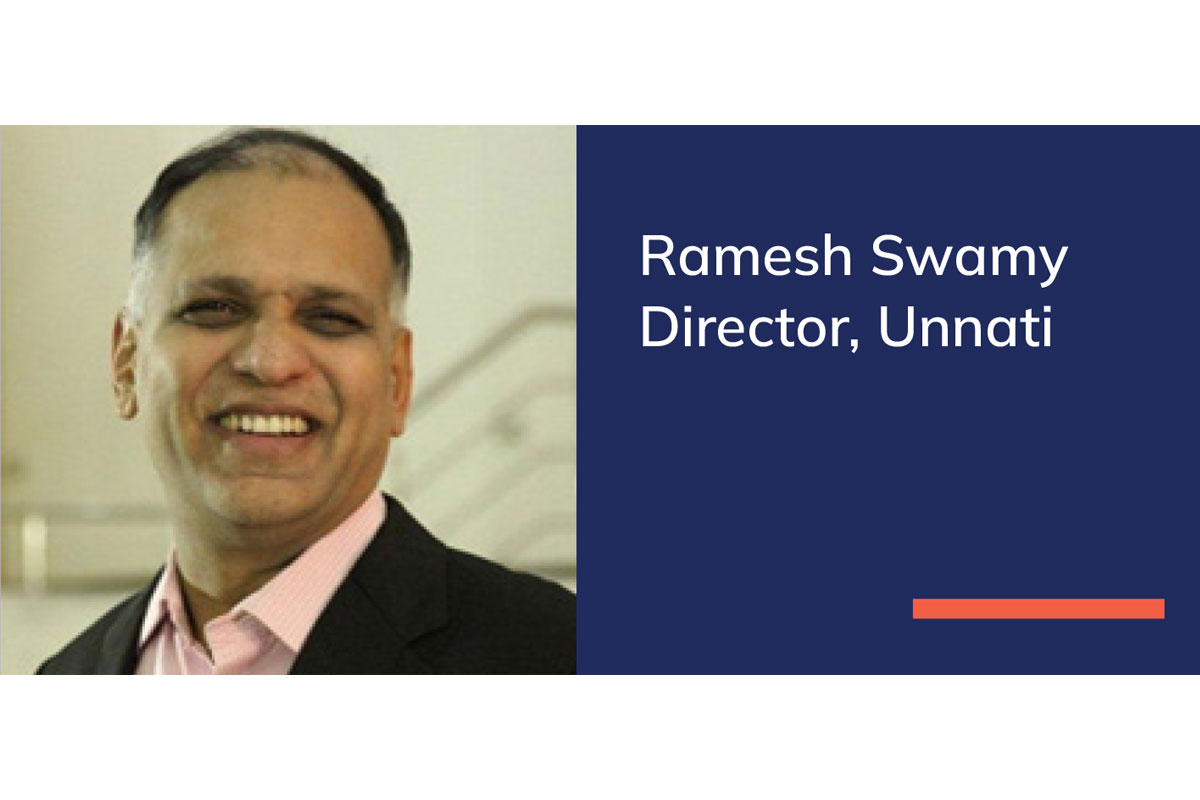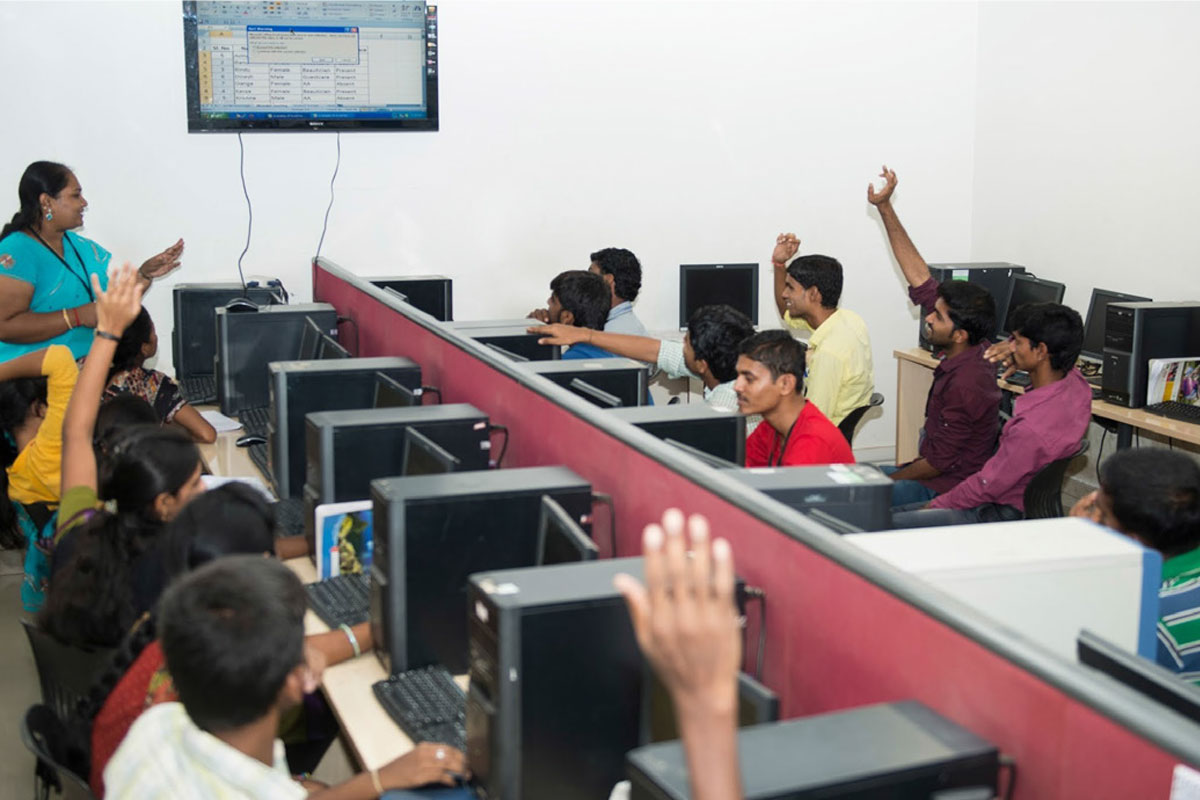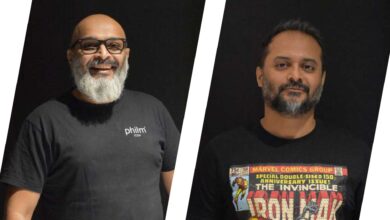Empowering Families Below Poverty Line: UNNATI

 What is the vision and mission of your educational training institution and skill centre “UNNATI”?
What is the vision and mission of your educational training institution and skill centre “UNNATI”?
Vision: To train and employ 1 million youth across the nation Mission: To serve different sections of our society and bring about harmony through focused programs.
Would you like to highlight an incident or an experience that inspired you to start “Unnati”?
Let me illustrate this with an example: My maid Shilpa was 17 when she was married off by her mother to a boy in the neighbourhood. Her mother thought that her daughter would have a better life because her own husband (a drunkard) never supported the family of five. The husband of the daughter started misbehaving after a couple of years of marriage and the entire burden of managing her two children was on the shoulders of her daughter. History just repeated itself. ‘ Now, if the girl had come to us at the age of 18, we would have trained her and got her a job in an organization in just 35 days. Becoming the main breadwinner of the family, she could’ve educated her siblings. She would not have been married off at that tender age. The progress in her own career in the next 4-5 years would have ensured growth and her salary would have risen to nearly Rs. 30,000. Obviously, at that time she would marry someone who is earning around Rs.30,000 to Rs. 50,000. Change in the family status happens in just five years. The transition of a struggling family earning just Rs. 10,000 to one that is earning Rs.80000, happens in just 5 years. Such is the impact of the program. The irreversible impact is that this girl is empowered for life and will ensure that her children get empowered too, as she brings them up. This is why our slogan is “A generation goes above the poverty line in just 35 days, forever.”
How do you integrate your values into your foundation?
It is my firm belief that progress in a country can happen only through education. We, as an organisation, have been supporting school education for the economically weaker sections of society for a very long period. During this period, we observed that youth dropped out of school for various reasons including financial constraints. They all belonged to that vulnerable age where their energies, if not channelized properly, could easily lead to social unrest. We also realised the power of how one earning member in a family could change the status of the family very quickly.
Which age group does Unnati cater to? What courses are offered? What is the eligibility?
Courses: We offer generalised courses to help youth from varied educational backgrounds get into corporate lives. We cater to the youth with no formal education or even graduates, with the single purpose of getting them employed after 35 days of training. Studies have shown that for entry-level jobs, the percentage of domain skills required is minimal. The requirement is in terms of communication, attitude, approach to continuous learning and value systems to secure a job. Our training covers these aspects, including computer literacy.
Eligibility: the only eligibility is to be in the age group of 18 yrs. to 25 yrs. We largely cater to the underprivileged and economically weaker sections of society
What are the focus areas of vocational training and programmes? Which languages training programs are available?
The main focus areas are spoken English, life skills, values, basic computers and a vocation pertaining to their level of education. For youth who have not passed the 10th standard, it could be hospitality, logistics etc. The 10th pass could get into Sales. Slightly better could get into domestic BPO and graduates with backlogs could be in BFSI
How many centres are there in India? Which one is the biggest centre?
Our head office is in Bangalore and it hosts all departments. All other centres across various states are smaller ones having 2 or 3 rooms. We have 30 centres across 7 states in the country
Unnati educational and training courses are approved by which universities/institutions?
Unnati is a non-funded partner of NSDC. We are approved under the skill development initiatives of various Governments.
What capabilities do you see in the underprivileged youth who are struggling to get education and skill training?
The youth is very intelligent and passionate. They aspire to make it to the top of the success ladder. It is no longer about basic needs. Youth lacks confidence, self-esteem, and skills which make them employable. Their communication is generally not up to the mark because of their backgrounds and education in vernacular mediums. Since they are fast learners and many of them are hungry to succeed in life, we at Unnati are bridging the gaps and making them think big and most importantly believe in themselves to make it happen.
Please tell us about Unnati’s special feature UNXT.
UNXT is a 175-hour intervention in government college for the final year youth with a guaranteed job if they come to us after graduation. The theory is delivered by us in the college using their infrastructure. It is generally optional and done outside college hours in batches. This has delivered unimaginable results. We have seen success; 70% of the category of the youth trained fall under these 3 heads as per our survey – employed, self-employed and higher studies.
What is the concept of the special training program “Sugam”?
We believe that we need to make micro-entrepreneurs succeed and help them think big. If they grow it will directly help the ecosystem in their surroundings. It is a 1-week intervention in the first phase. We hope to handhold and help them over a period of time and also conduct refresher pieces of training.
How do you feel when Unnati students get placed in various companies?
We have always dreamt of it and have made it happen for every young aspirant who comes in for our training. We have an enviable record of 100% placement in Corporates for all Unnati-trained candidates. It is the joy of seeing such results and the power of transformation which makes us reach out to more and expand our operations. Happiness cannot be expressed in words.
How do you manage the financial needs for the expansion of your centres? What are your expectations from government institutions?
We have been working with corporates under CSR. We have never used government funding. For institutions like ours, the new CSR policy has come as a boon and we are able to take up projects and expansions. All corporates expect a very high level of transparency in such operations and we are among the few in the country where our administrative expenses are below 5%. Our entire top management and the next level are all pro bono. It is the cause and the results which keep pushing us to do better.






